1. Understand the Market
First things first, buy into an area that you understand. So that includes the location, the demographic and the type of property you choose, whether it is residential or commercial. Don’t worry though, these are all things you can learn if you do your research.To begin with, ask yourself; would I prefer a commercial letting with a longer term tenant, or am I more comfortable renting out residential homes to families, young professionals or perhaps students?
From here, you can decide what type of property you would prefer to invest in. If you want to buy a commercial property, what type of property are you interested in? It could be light industrial, a retail property or an office block.
If you want to buy a residential property, who will you target? Are you looking for a larger home for a family or HMO, or an apartment for a holiday let or young professional?
Once you decide on that, you can narrow down the types of areas you can invest in. If you would like to rent out an apartment as a holiday let, take a look at areas that have a lot of tourism and lots of great places to visit.
If you would like a retail property, are there any up-and-coming areas with investment in the high street? That could be a great place to pick up a bargain with room to grow.
Once you have an idea of the type of property you would like and the target demographic, consider the following:
- What is the job market like in that area?
- Is there much demand to rent the types of properties you are interested in?
- Are there many similar properties unable to find tenants in that area?
- Does the area you are looking in suit your target market?
For example, if you were looking to rent a property and had a young family, which areas would you look in and what are the schools like?
You do not have to buy in the area you live in, many investors make this mistake when they first start their investment journey. Take a look at areas with a good rental yield and a high level of demand, then use a letting agency to manage the property on your behalf.
In return, you can receive a higher return and less stress.
2. Work Out Your Budget
Searching for your first investment property can be exciting, but be careful not to get carried away. Here are a list of some of the costs that you will need to consider when buying your property:- Deposit - You will need a minimum deposit of 25% with most lenders, if you do not have this then it may be worth speaking to a specialist lender or looking for a cheaper property.
- Stamp Duty - As a rule of thumb, you will pay the standard stamp duty plus a 3% surcharge.
- Solicitors Fees - Shop around and ask for fees upfront, and make sure you are aware of any hidden costs.
- Valuation
- Property Survey
- Legal Costs
- Mortgage Arrangement Fees
- Mortgage Broker - If you are deciding to use one.
Once you have bought your investment property, there are day-to-day charges that you will be required to pay, which can involve the following:
- Mortgage interest costs
- Letting agent fees
- Landlords insurance
- Redecorating
- Annual safety checks - gas safety, boiler checks etc.
- General building maintenance and repairs
3. Choosing a Location
It is an exciting time to be buying an investment property and the property market in Northern Ireland is booming.You could buy an apartment in Belfast, or perhaps a house in Bangor or Donaghadee. You could even invest in a commercial property if you have the capital available.
But, before you make any decisions, you have to do your research. Here are some of the things you need to think about when buying investment property:
- Location matters - When choosing a location for your investment property, it’s important to take a look at the demand and supply in that area. If there are lots of people moving into an area but not enough properties for sale, then prices will increase in line with the demand for the properties.
- Consider the resale value - If you want to sell your property at some point down the line, it’s important to consider this when buying a property too. It makes sense to invest in an area where properties sell quickly because this means there will be less pressure in the future when trying to sell your own property.
- Up and coming areas - If there is an area that will be subject to a lot of regeneration and investment in the coming years, it makes sense to invest in this area before that happens. There is a good chance that the price of the property will increase and the demand for rental properties will too.
It makes sense to look further afield.
4. Be Realistic About Rental Yields
The idea of buying an investment property and earning a regular income sounds attractive, but before you rush out and buy your first rental property, it is important to consider what sort of yield you can realistically expect.The property market is very different depending on where you choose to buy. In some parts of the country, it may be difficult to find tenants or there could be high levels of employment.
In these areas, the rental yield will be lower than others so it may not be possible to get the same amount of money back from your investment as you would like. It is important to research the area and find out the average rental yield before buying an investment property.
Take a look at websites such as PropertyPal to get an idea of what different properties in different areas are being marketed at. Speak to your local estate agent to gain a realistic understanding of what you could achieve and how high the demand is for different types of properties in Northern Ireland.
5. Property Maintenance
One of the factors to consider when buying an investment property is whether you will be managing the property yourself or instructing a letting agent to do so on your behalf.If you decide to use a letting agent to manage your property, these are some of the benefits of a fully-managed property service:
- Marketing the property - Letting agents will advertise the property on your behalf on their own website, in their shops and on websites such as PropertyPal.
- Vetting and referencing - A letting agent will handle the applications of prospective tenants and narrow down a list of suitable tenants.
- Catalogue of tenants - A good letting agent will normally have a list of prospective tenants who have registered their interest, so finding someone quickly may not be an issue and avoids properties being sat empty.
- Up-to-date with legalities - This means that the property will be compliant with the legislation before a tenant moves in, and they will keep you informed of any changes so that you don’t have to.
- No need to worry about contracts - Another thing that your letting agent can take care of, along with taking photographic evidence of the inventory prior to a tenant moving in. Letting agents also have plenty of experience handling end-of-tenancy disputes.
- Property issues are fixed on your behalf - Letting agents have contracted professionals to handle any repairs or property issues so that you don’t have to.
Take a look at our full list of the Benefits of Using a Letting Agent to Manage Your Buy-To-Let Property.
6. Mortgage Fees and Taxes
When buying an investment property, you will need to take into account the minimum 25% deposit required by the lender into your affordability. The mortgage itself can incur fees that often cannot be included in the mortgage term.If you are planning to use a mortgage broker to help you find the best deal on a mortgage, make sure you include their fees in your budget calculations.
You will also need to factor in other buying costs, such as stamp duty (or land tax) which is paid when buying a property. The amount of stamp duty payable depends on the purchase price of your property, you can read our full guide with the up-to-date changes here.
There is also the cost of a solicitor or licensed conveyancer to conduct the legal work involved in buying a property. Always find out the fees upfront before asking for any work to be completed, and it is a good idea to shop around for three quotes.
Don’t forget to factor in insurance too, there are specialist landlord insurance policies that typically cover buildings insurance, and can sometimes include contents insurance and public liability insurance too.
You may decide to take out Landlords Emergency Cover too, which can help recoup costs of repair charges and expensive out-of-hours callouts.
7. The Cost of the Property Being Vacant
There are certain costs that can incur that you may not be aware of when you have an empty property, these can include:- Council tax - With no tenant in place and no one living in the property, you are liable for council tax on the property. Depending on the area that you live can depend on the amount it will cost and if there are any discounts, but it can also incur an extra charge if the property is empty for too long.
- Vacant property insurance - If a property is empty for too long, often over 30 days, it can make your insurance void depending on the type of insurance you have opted for. Make sure this is something that you look out for when choosing your insurance policy.
- Mortgage costs - This is not an extra charge, but without the rental income, you’ll still be liable for paying the mortgage and any bills on the property whilst there is no tenant.
Conclusion
If you plan carefully and spend wisely then buying buy-to-let properties in Northern Ireland can be a fantastic way to build your property portfolio. By instructing a letting agent to manage your property, you yourself can be located anywhere in the world.If you are still in the early stages of your investment journey, why not speak to a member of our friendly and experienced team for advice? Give us a call on 028 9065 3333 or send us an email with your query.


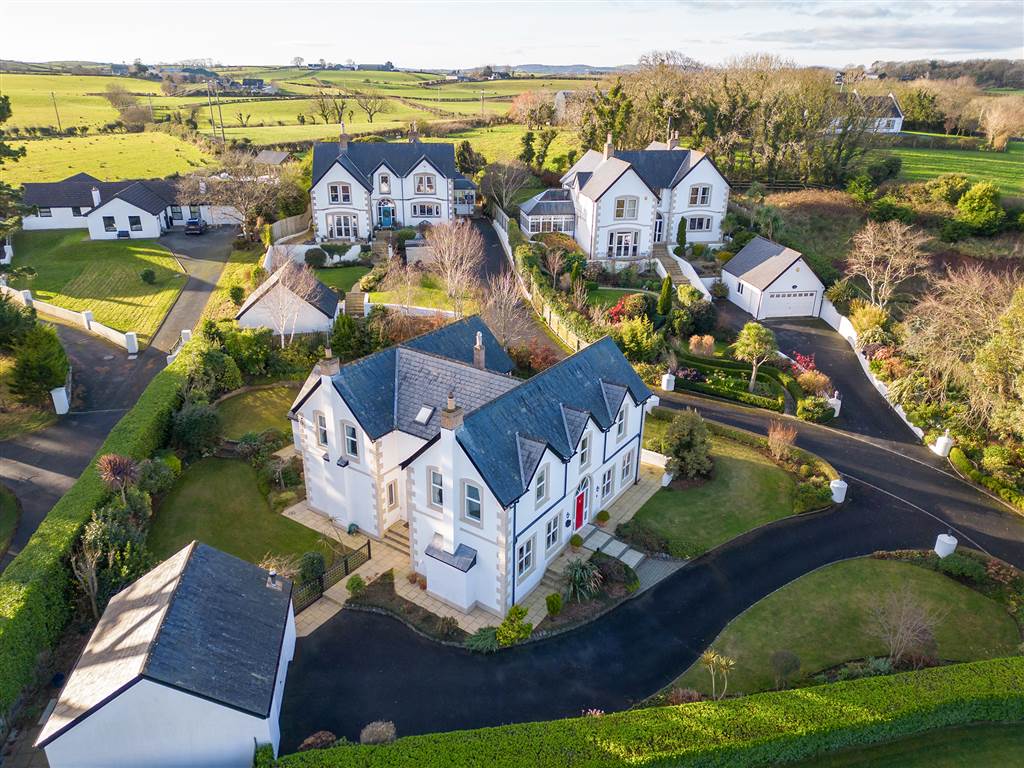
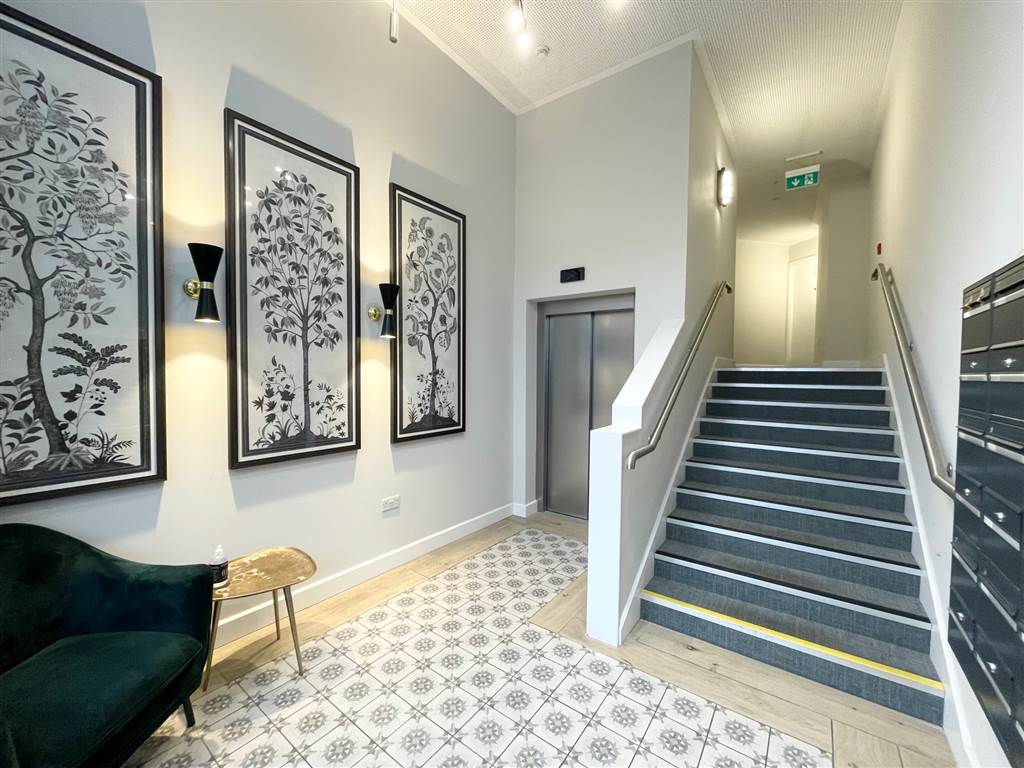
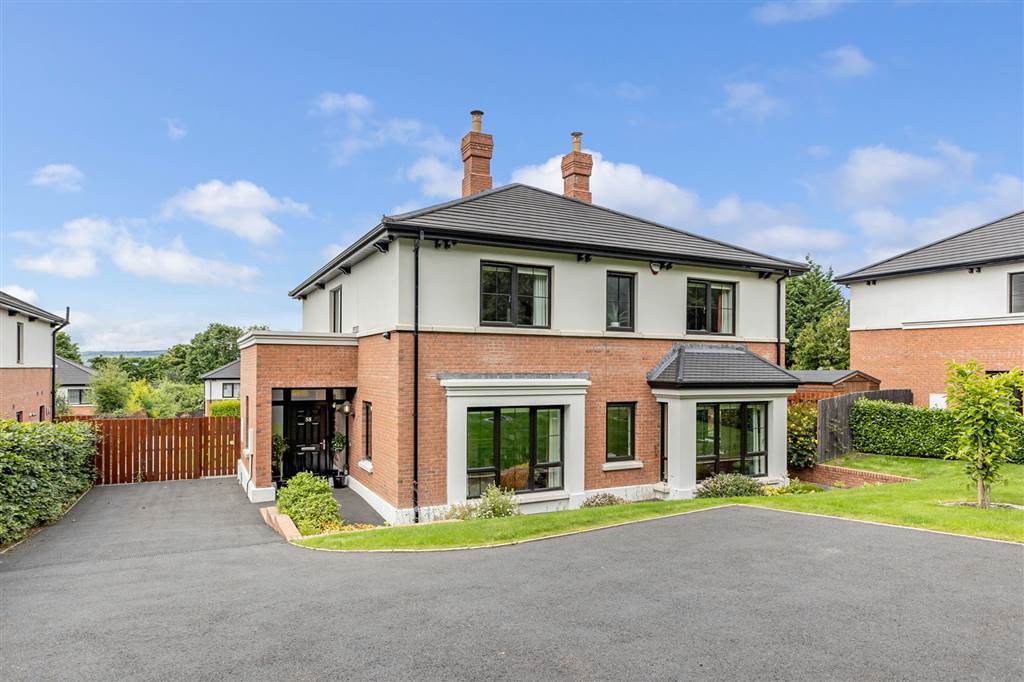
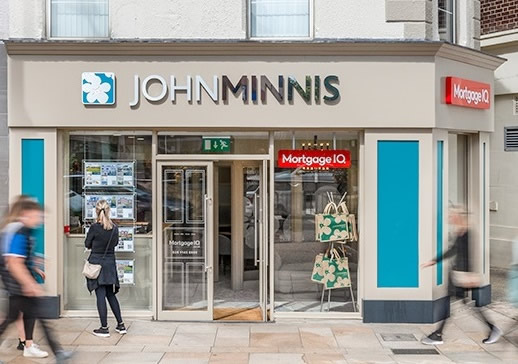
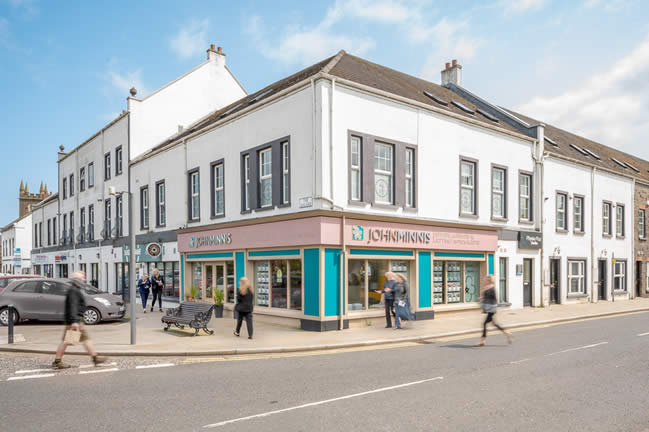
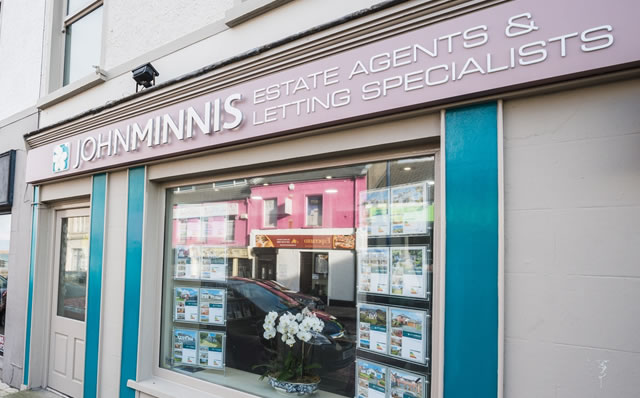

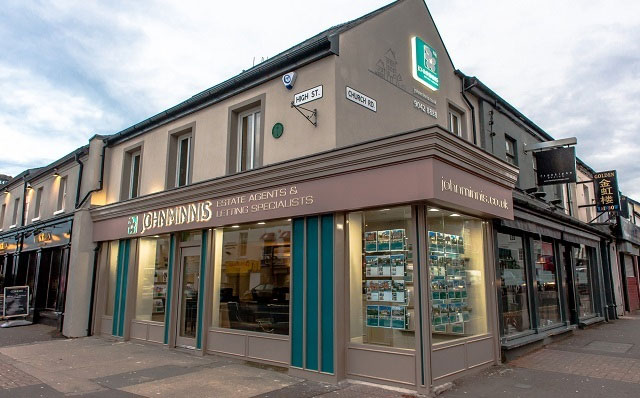
.jpg)